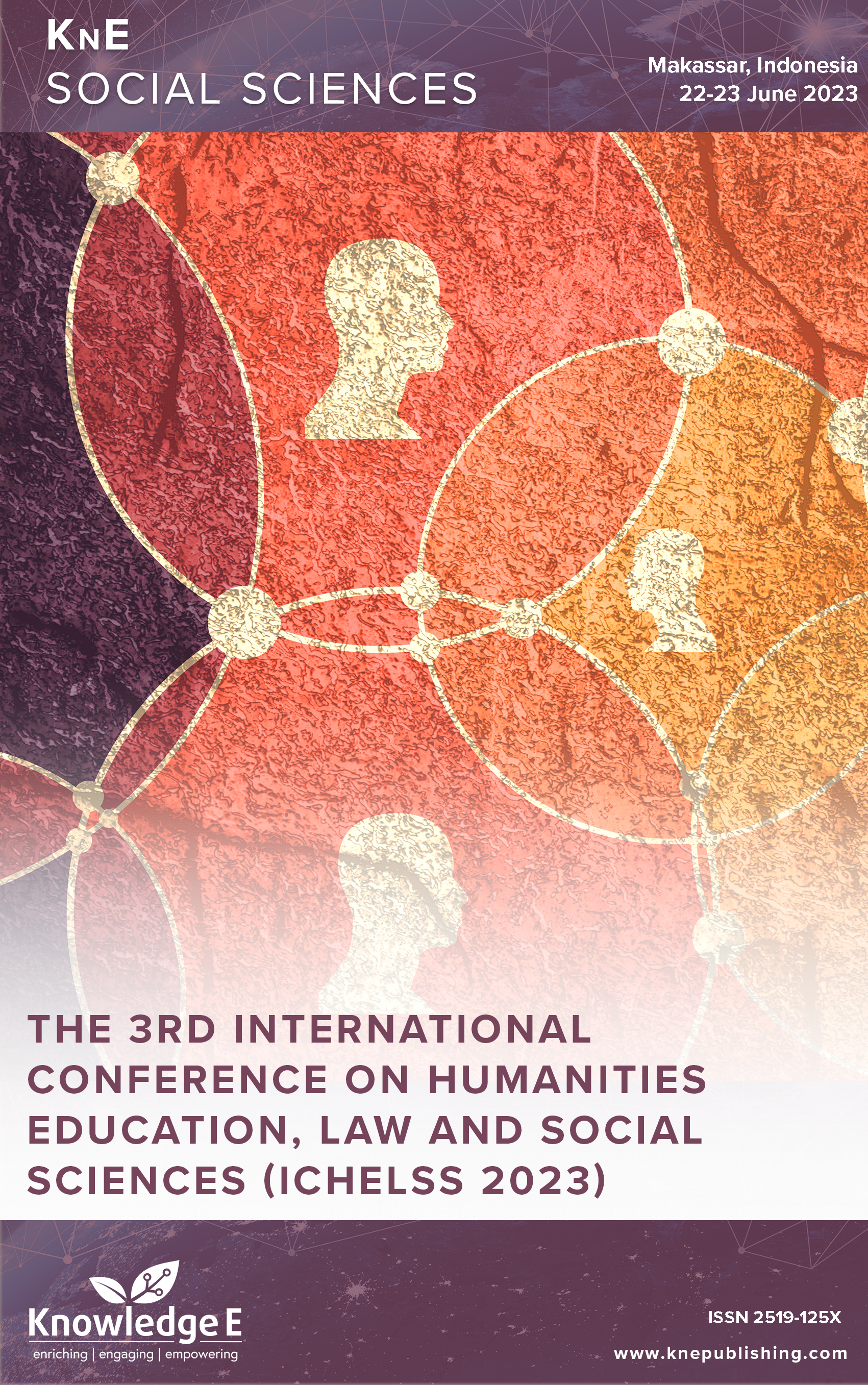Post-COVID-19 American Religion: Congregational Crisis, Opportunity, and Innovation
DOI:
https://doi.org/10.18502/kss.v9i2.14876Abstract
This paper explores the changing nature of congregations in the United States in a post-pandemic era, presenting a sociological analysis of crisis and opportunity. Drawing on insights from the expansive, five-year study – Exploring the Pandemic Impact on Congregations (EPIC) – the author focuses on the relationship between technology, innovation, optimism, and congregational life. The study asks how congregations can adapt and advance in the rapidly changing (digital) world, with its embrace of new internet technologies that have profoundly disrupted the “normal” ways of doing religion. The framework for understanding change draws on Scott Galloway’s twin theses that the pandemic has (1) acted as an accelerant to existing trends, both positive and negative, and (2) that the more disruptive the crisis, the greater the potential opportunity. Implications from the research not only for religious communities, but also educators, administrators, and leaders from various industries are discussed.
Keywords: America religion, COVID-19, congregational crisis
References
Galloway S. Post corona : From crisis to opportunity. New York (NY): Portfolio/Penguin; 2020.
Fukuyama M. Society 5.0: Aiming for a new human-centered society. Japan SPOTLIGHT; 2018. 47–50 p.
Twenty years of congregational change. The 2020 faith communities today overview [Internet]. Faith Communities Today. 2020. Available from: https://faithcommunitiestoday.org/fact-2020-survey/
Campbell HA. Religion embracing and resisting cultural change in a time of social distancing. In Religion in quarantine: The future of religion in a post-pandemic world. Digital Religion Publications; 2020. 9–14 p.
Faverio M, Nortey J, Diamant J, Gregory AS. Online religious services appeal to many Americans, but going in person remains more popular. Pew Research Center; 2023.

